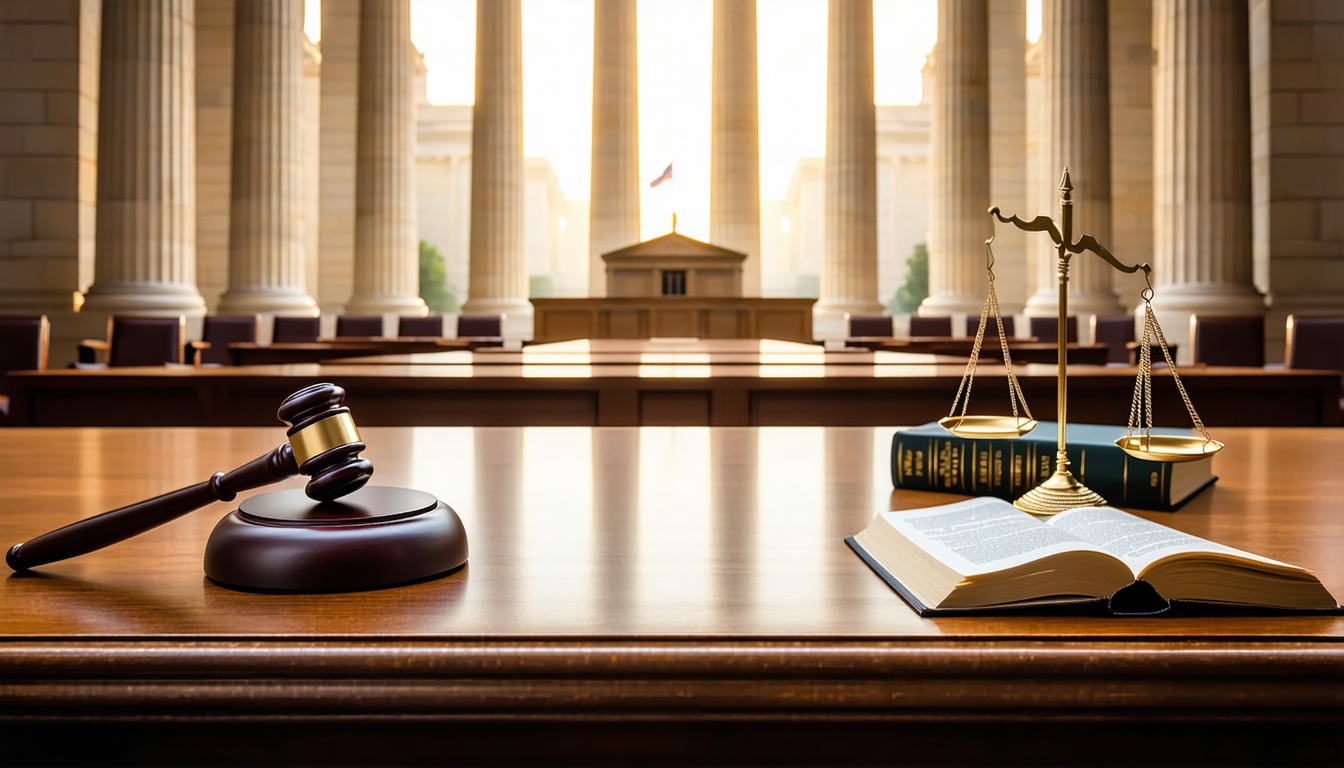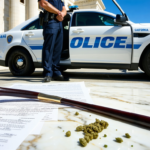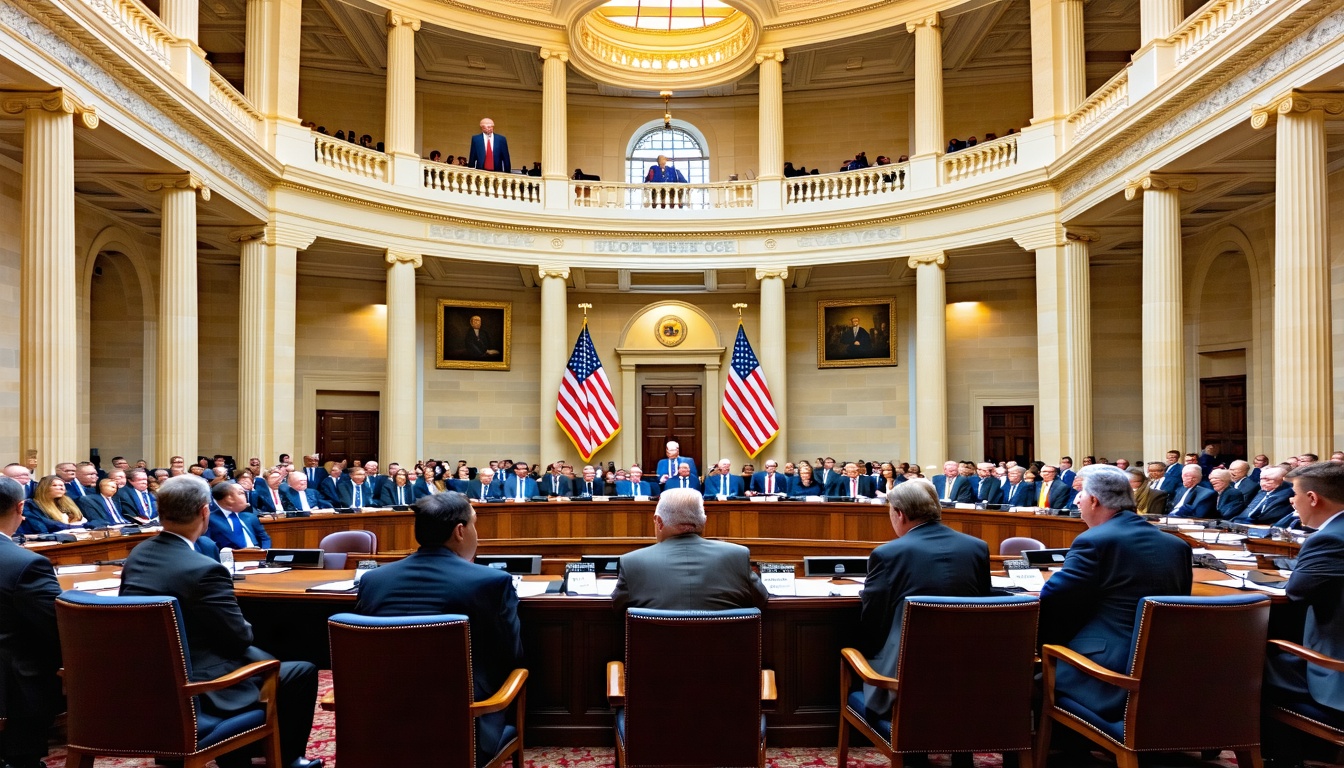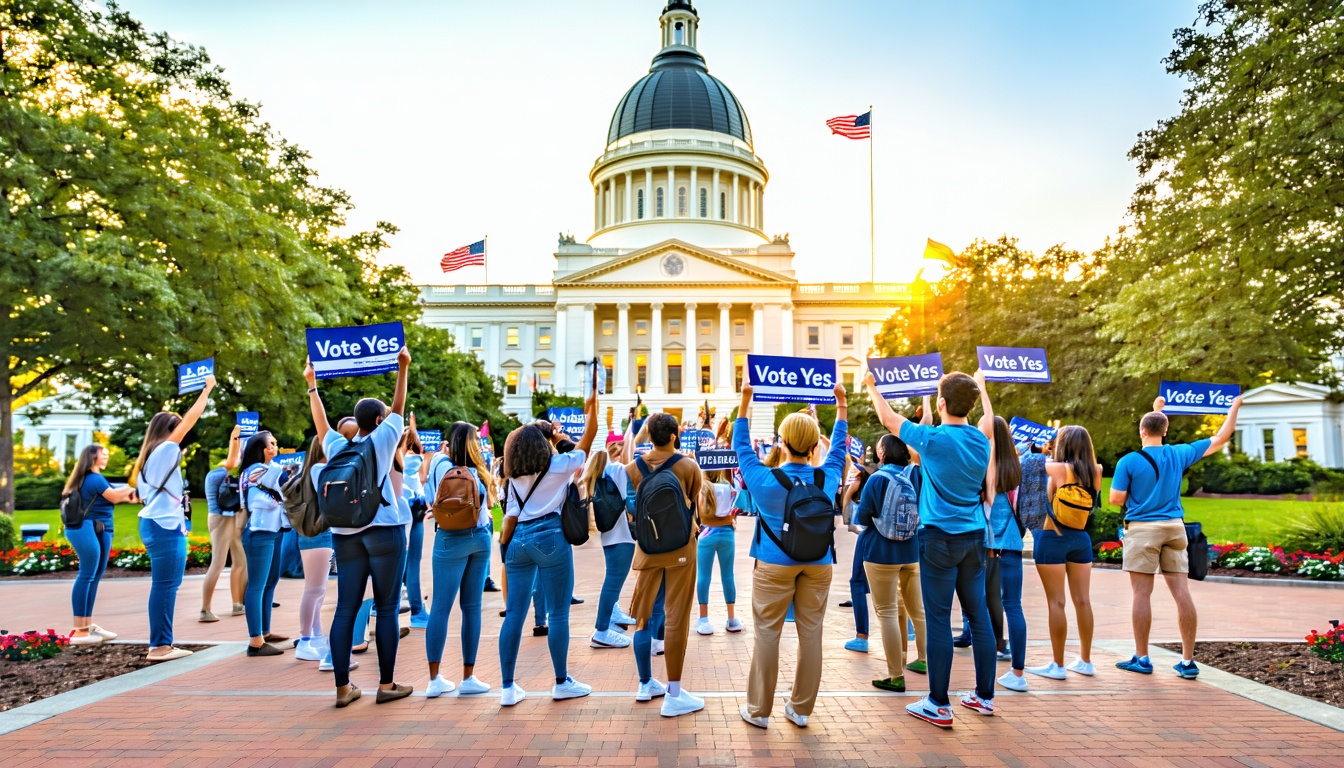The US Supreme Court has been asked to take up a case involving a man who was prosecuted for lying about his marijuana use on a federal firearms purchasing form. Erik Harris was convicted of making a false statement on a form used to buy firearms, claiming he had not used marijuana in the past year. However, he had actually used it regularly.
Harris’s attorneys argue that the government did not prove that he was intoxicated or posed a risk of danger when he purchased the firearms. They also claim that the lower court’s ruling upholding the gun ban for cannabis users is based on “loose predictive judgments” about the likelihood of danger.
The case is one of several pending before different courts concerning the statute prohibiting unlawful users of controlled substances from owning or possessing firearms. The Justice Department has requested that the Supreme Court take up a separate case involving a man who used both marijuana and cocaine and was convicted of selling drugs.
Harris’s petition argues that the government’s justification for disarming recreational marijuana users is based on “loose predictive judgments” and that the Supreme Court should intervene to address the issue. The petition also notes that the Justice Department has recently requested that the Supreme Court take up a separate case involving a man who used both marijuana and cocaine and was convicted of selling drugs.
The case has implications for the Second Amendment rights of cannabis consumers. The Supreme Court is set to discuss several pending cases on marijuana consumers’ gun rights at a closed-door meeting later this week.
In related news, the Tenth Circuit Court of Appeals recently ruled that the government must prove that people who use marijuana “pose a risk of future danger” if it wants to justify applying a law banning cannabis consumers from owning firearms. The Justice Department appealed that ruling, but the appeals court upheld the lower court’s decision.
The case highlights the growing debate over the intersection of marijuana use and gun rights. Some states have passed laws allowing medical marijuana patients to own firearms, while others have prohibited it. The NRA has also weighed in on the issue, arguing that the court rulings have led to a “confusing regulatory landscape” that has impacted Americans’ Second Amendment rights.
The case is expected to be closely watched by advocates on both sides of the issue, as it could have significant implications for the Second Amendment rights of cannabis consumers.












